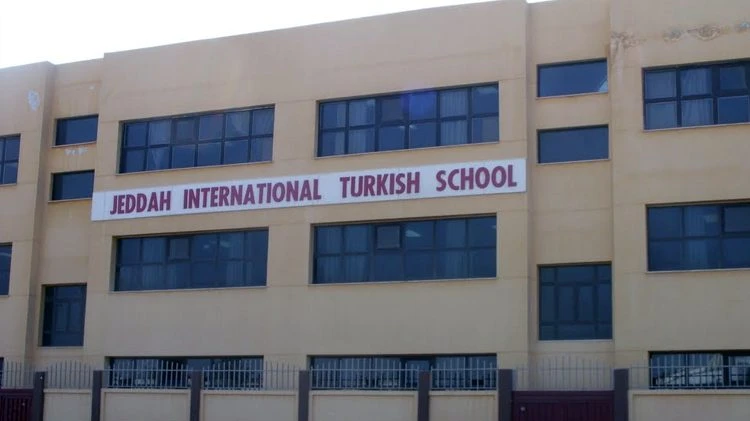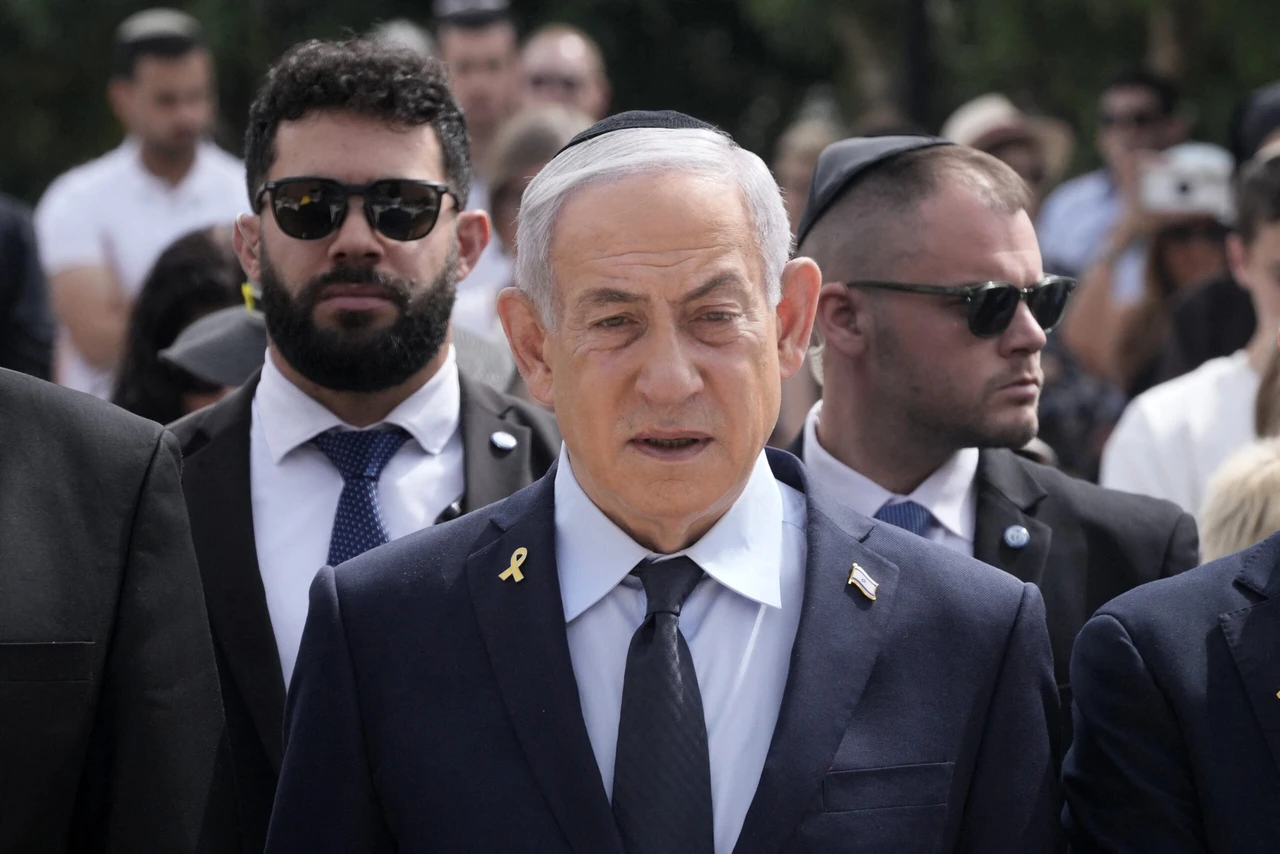Turkish schools in Mecca, Medina to reopen for 2024-2025 academic year
 Jeddah International Turkish Anatolian High School. (Photo via MEB)
Jeddah International Turkish Anatolian High School. (Photo via MEB)
Turkish schools in Mecca and Medina, which were closed by the Saudi Arabian government during the 2020-2021 academic year, are set to reopen for the 2024-2025 academic year, according to a statement from Türkiye’s Ministry of National Education (MEB).
In a recent announcement, the MEB confirmed that preparations are underway to resume student admissions at these schools, which had been shut down as part of a broader closure affecting Turkish schools across the Saudi Arabia.
Background on school closures
The closures, which were implemented at the end of the 2020-2021 academic year, impacted Turkish schools in Riyadh and other regions.
The decision was part of a series of measures by the Saudi Arabian authorities.
However, following diplomatic efforts by Türkiye and initiatives by the Turkish Ministry of National Education, some of these schools have been allowed to reopen in recent years.
Negotiations between Turkish and Saudi officials have now resulted in the decision to reopen Turkish schools in the holy cities of Mecca and Medina.
The Ministry of National Education is currently working on the necessary procedures for student admissions and other related processes.
With the upcoming academic year fast approaching, the MEB is focused on ensuring a smooth reopening process for these schools, which will once again serve the Turkish community in Saudi Arabia.
Closure of Turkish schools in 2021
The Saudi Arabian government has ordered the closure of eight Turkish schools affiliated with the Turkish Ministry of Education at the end of the 2020-2021 academic year back in 2021.
The official statement issued by the Saudi Ministry of Education at the time read: “Activities in Turkish schools will be terminated at the end of this academic year. Students will be facilitated to enroll in schools of their choice, and school administrations should inform parents about the decision.”
At the time of the closure, 2,256 students enrolled in these Turkish schools, many of whom did not speak Arabic, faced significant difficulties.



